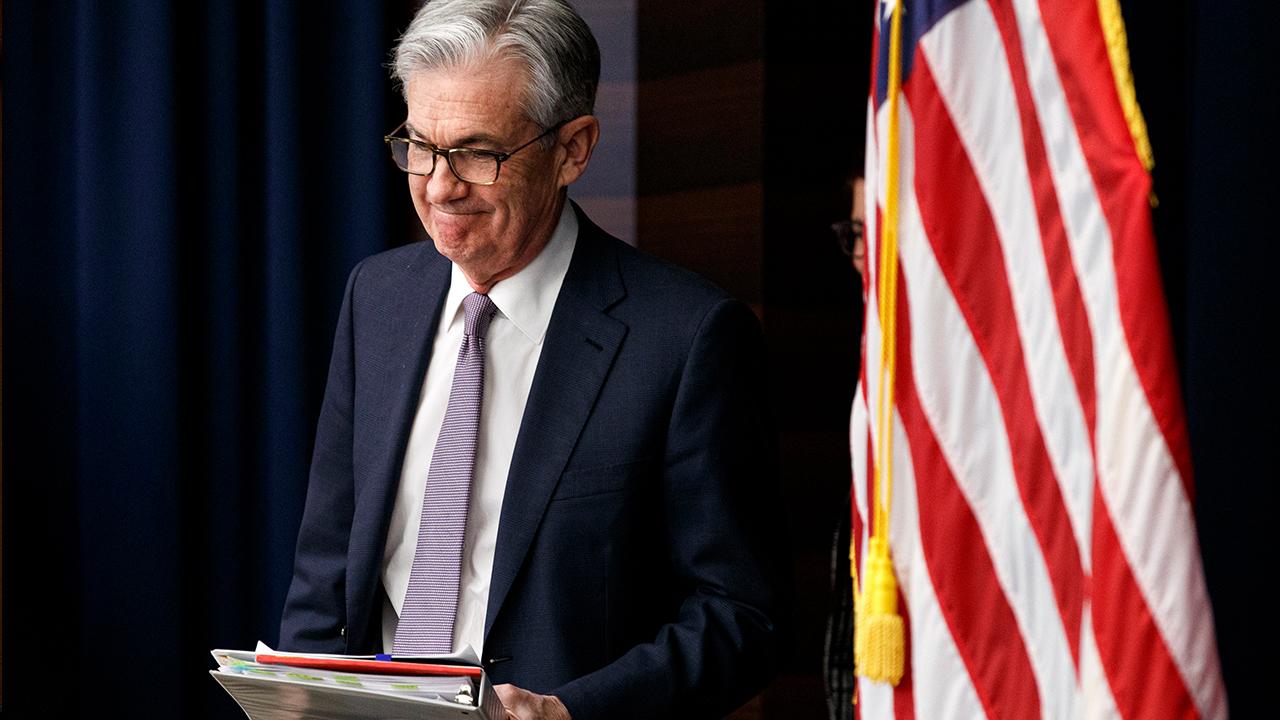Mnuchin warns prolonged coronavirus shutdowns could cause 'permanent damage' to US economy
In the two months since the virus outbreak brought the economy to a grinding halt, more than 36 million Americans have lost their jobs
Get all the latest news on coronavirus and more delivered daily to your inbox. Sign up here.
Treasury Secretary Steven Mnuchin warned Tuesday the U.S. economy could suffer long-term damage if states extend lockdowns imposed to contain the coronavirus outbreak.
“There is the risk of permanent damage,” Mnuchin told members of the Senate Banking Committee via videoconference.
Mnuchin's comments come as some states begin to ease stay-at-home mandates and allow certain businesses to reopen. He suggested economic conditions could begin to improve in the third and fourth quarters of this year.
"We're conscious of the health issues and we want to do this in a safe way," Mnuchin said.
Still, some public health officials have warned that doing so could lead to a second coronavirus wave in the nation.
US CONSUMERS' EXPECTATIONS DETERIORATED 'SHARPLY' IN APRIL, FED SAYS
Earlier in the week, Federal Reserve Chairman Jerome Powell -- who also testified before the Senate Banking Committee on Tuesday -- appeared to push back against the possibility of a so-called "V-shaped" rebound, noting it was "unlikely" the U.S. will bounce back to pre-crisis levels by the end of the year.
"This economy will recover ... We'll get through this. It may take a while. It may take a period of time. It could stretch through the end of next year," Powell said during a televised interview that aired on "60 Minutes" Sunday night. "We really don't know. We hope that it will be shorter than that, but no one really knows."
FED PLEDGES AGGRESSIVE ACTION TO SUPPORT US ECONOMY
Lawmakers were questioning Mnuchin and Powell over their use of the $500 billion in CARES Act funding made available to the Treasury and U.S. central bank to keep credit flowing. The fund was designated to support Federal Reserve lending programs to businesses, states and municipalities.
So far, the government has committed up to $195 billion in credit support, leaving $259 billion to expand or create additional programs. The remaining $46 billion was set aside for airlines. Mnuchin told lawmakers the Treasury and the Fed are "fully prepared to take losses in certain scenarios" on the remaining capital.
“There are scenarios within Main Street [lending facilities] where we could lose all of our capital, and we’re prepared to do that," he said.
In the two months since the outbreak of the virus brought the economy to a grinding halt, more than 36 million Americans have lost their jobs, a rate unseen since the Great Depression. Economists are increasingly warning of an "unprecedented" contraction in the second quarter, with Powell acknowledged the nation's GDP could shrink by 30 percent.
POWELL RULES OUT NEGATIVE INTEREST RATES, DESPITE TRUMP PRESSURE
House Democrats passed another $3 trillion economic-relief package last week, but Republican senators contend they need to wait and see how the existing legislation, worth nearly $3 trillion, affects the economy before passing additional aid measures.




















